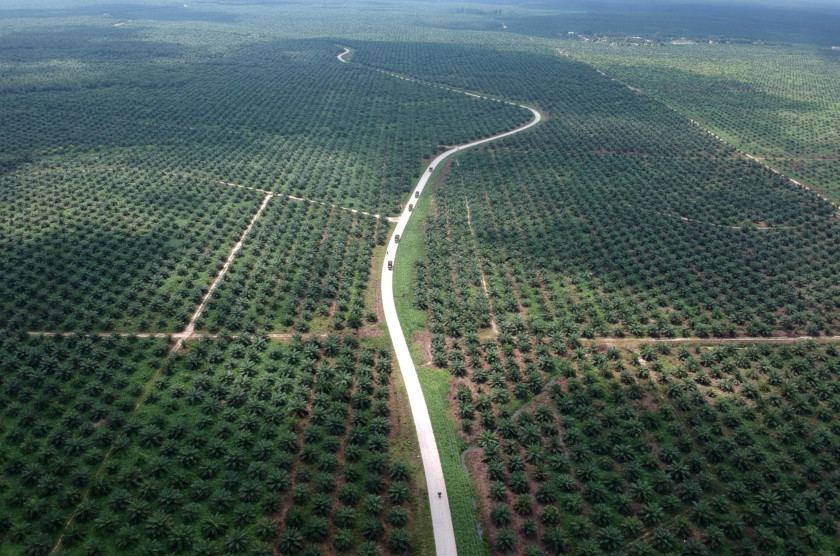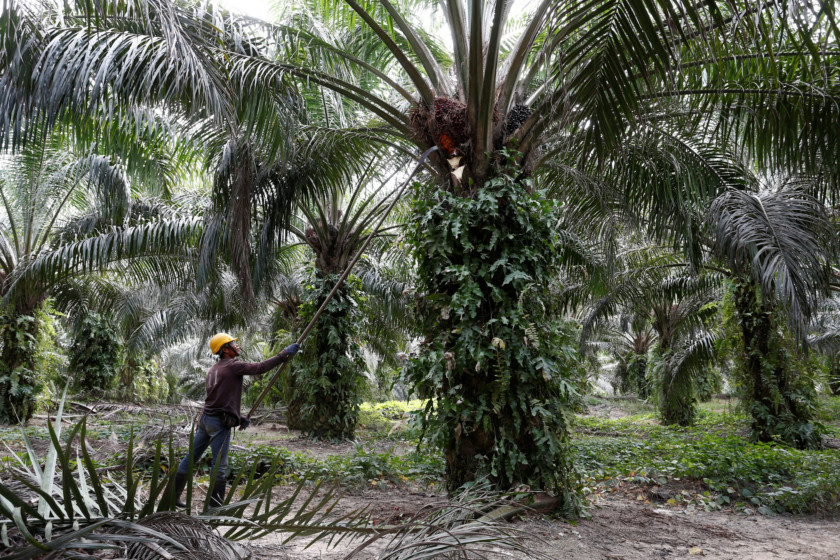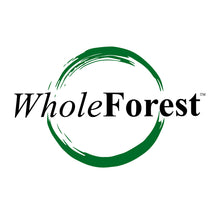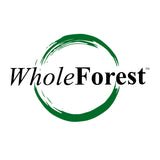The oil rush in the tropics: Palm oil farming wreaking environmental havoc on rainforests in Malaysia and Indonesia
_resources1.jpg)
It’s almost everywhere — from pizza to ice cream, ready-made sauces to instant noodles, lipstick and packaged bread, even detergents and fuel that drives most trucks and many cars in the world. Open your cupboard and read the labels of the jars, tins and packets on your shelves, and you will likely find that more than one-third contain it: palm oil.
While readers in the Middle East are familiar with date palm trees — there are more than 42 million in the UAE alone — oil palm trees are different, grow to more than 20 metres tall and flourish on the loose wet soil common in the lowlands of tropical regions. And unlike the date palms that grow in abundance across the Middle East, oil palm trees are far more valuable — producing a 20kg or so bunch of walnut-sized fruit every two weeks, fruit that is rich in a red-coloured viscous oil that is more versatile — and valuable — than any other plant-based oil.
The reality, though, is that palm oil production is wreaking havoc on landscapes across Africa, where the tree is indigenous, South-East Asia and South America — anywhere where palm oil trees can grow.

“These are the precise environmental conditions that naturally support rainforests, so African oil palm is grown almost entirely in areas where the rainforest is cleared to establish the plantations — deforestation,” he tells Weekend Review from his base in Hamden, Connecticut. “Oil palm plantations are a primary driver of rainforest deforestation in many regions of Asia, Africa and Latin America where rainforests are the dominant vegetation.”
Pinchot is a trained forester with a Masters’ degree from Yale University, and protecting forests literally runs in his blood. His grandfather was Gifford Pinchot who — under President Theodore Roosevelt back in 1905 — founded the Forest Service and brought 195 million acres into the US National forest system.
The palm oil crop is big business — worth about $65.7 billion (Dh241 billion) last year, or roughly 1.3 per cent of the total value of the global agricultural economy that’s estimated at $5 trillion.
Because oil palms require tropical growing conditions, the effect of their demand is felt on the environment within 10 degrees north and south of the equator.
And the sheer scale of the cultivation and economy is putting huge pressure on sub-tropical species, pushing many species to the point of extinction. Whole Forest is a forest conservation and wood product company operating in the coastal rainforests of Ecuador and with a US marketing and distribution centre in Pennsylvania. The company’s mission is to help forest communities protect endangered rainforests by creating a rural economy based on sustainable forestry and wood products.
“The primary threats to the forests where we operate are two large plywood companies that build new roads into large blocks of rainforest to get raw material and the subsequent clearing of the forest to establish oil palm plantations, cacao plantations, and cattle pasture,” Pinochet says, adding that Whole Forest works in a 50,000 hectare watershed, one of the last large remnants of the Choco rainforest in Ecuador.
“We work with three forest communities that own most of the forest and that have made their subsistence living through illegal logging and small scale agriculture,” he says.
Established in 2008, Whole Forest is actively pulling threatened forests out of the pathway to deforestation by creating a strong economic incentive for forest families to preserve their forests as an economic asset. “We do that by creating many local jobs in forestry, manufacturing and business administration,” he says. Before, local foresters made $3 a day, now they made 10 times that by working with the Whole Forest projects.
And part of that means building conservation areas where oil palm farming is strictly prohibited.

“We are creating a biosphere reserve that will protect and manage the rainforest for decades into the future,” Pinchot says, adding Whole Forest is partnering with a bird conservancy, the Jocotoco Foundation, and the Ecuadorian government. “The 125,000-acre reserve will be a mix of permanent reserves, with no agriculture or forestry, and managed forests, with low-impact timber harvest,” he says. “A key goal is to protect the habitat of large number of threatened and endangered species, including mammals such as the coastal spider, birds such as the great green macaw, and other amphibians and plants.”
Because oil palm harvesting is so profitable it is very hard to control clearing rainforests to establish oil palm plantations.
“Since tropical deforestation causes 10 per cent or more of global carbon emissions, this is a major driver of climate change,” Pinchot says. “Tropical forests also support more than 50 per cent of terrestrial plant and animal species. The clearing of rainforests to establish oil palm plantations destroys critical habitat for many threatened and endangered species and is driving them towards extinction.”
From 2000-2009, Indonesia supplied more than half of the global palm oil market, eclipsing Malaysia’s production in 2006 to become the world leader. Indonesia’s palm oil exports increased nearly 11 million tonnes over the decade, or about 27 per cent per year.
On the island of Borneo, for example, deforestation for palm oil production is blamed for an 80 per cent decline on the population of orangutans over the past four decades.
Pinchot, 72, has been interested in how humans interact with nature since he was a teenager.
“Organic farming was one lens into this question,” he says. “When I was in graduate school, I got interested in how communities can create governance structures to manage natural landscapes. Later I started working in watershed and open space conservation, which involve communities in protecting their resources through collective action and influencing policies of local institutions. The big change was recognising that businesses and supply chains drive most of the environmental problems we face and they also have the capacity to solve those same problems by changing their business models. That realisation led directly to Whole Forest, a mission-based community enterprise that tackles deforestation by building a new supply chain that supports conservation.”
So are we at the tipping point where irrevocable damage is being done by our love affair with palm oil.
“Palm oil expansion is as significant factor in tropical deforestation [and] is an important driver of climate change,” he notes. “We cannot maintain a livable climate regime if we clear the majority of the remaining forests. And the biggest threat to forests is the expansion of agriculture into native forest regions. A lot of good work is going on with international NGOs like World Wildlife Fund regarding strategies to reduce the impact of palm oil and other global agricultural supply chains. And major corporations such as Unilever, Nestle and Wilmar have made serious pledges to cease purchasing palm oil from producers who continue to clear forests, so some real progress at increasing awareness been made in the last decade.”
But given that so many supermarket items contain palm oil, simply eliminating it from your diet may be harder than you think. As destructive as it is to the environment, no other crop yields as much oil per acre planted, and it uses less land, requires few fertilisers than coconut, corn or other vegetable oil sources. For Pinchot and those working to save tropical rainforests and the endangered species there, that’s a tough nut to crack.
Mick O’Reilly is the Gulf News Foreign Correspondent based in Europe.
This article was originally posted in Gulf News on February 20, 2019. To see the original article go to: https://gulfnews.com/lifestyle/community/the-oil-rush-in-the-tropics-1.62069192



